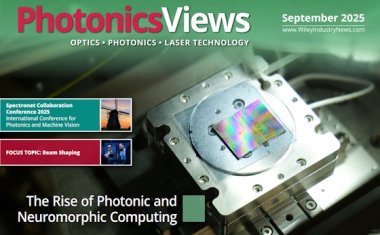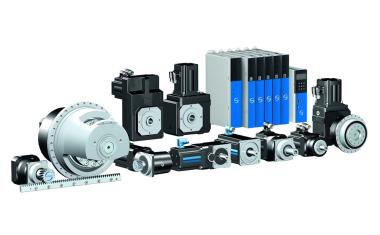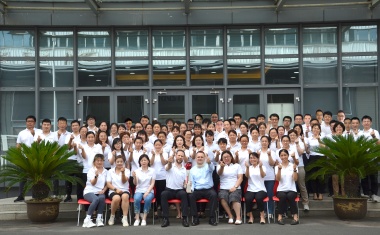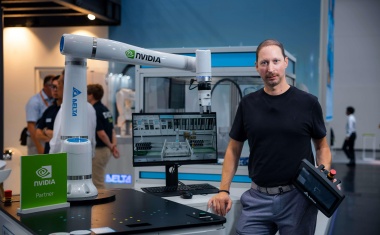“Next-generation photonic sensor systems for transformative impact in automotive, agriculture, and healthcare”
EU-funded project aims to create a holistic framework for the development of next-generation hardware and software solutions, including innovative lidar solutions and CMOS imaging technologies.
‘Project Retina’ has been set to redefine the integration and application of photonic technologies in key sectors such as healthcare, automotive, and precision agriculture. By harnessing the potential of advanced photonics and machine learning algorithms, it aims to introduce a comprehensive framework that combines state-of-the-art hardware with digital infrastructure to foster the development of agile, efficient perception systems.
Addressing the growing demands for performance, cost-efficiency, and customization, Retina’s scalable and adaptable solutions demonstrate how strategic collaboration between photonics developers, AI specialists, and leading industry players can lead to the rapid deployment and validation of tailored sensory systems in operational settings.
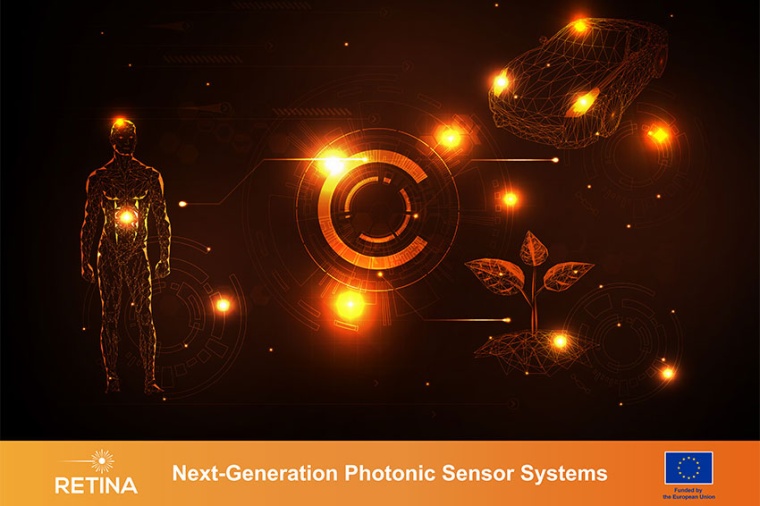
In the healthcare sector, Retina’s photonic medical devices are set to enhance surgical precision and patient care, offering support for tissue lesion visualization during surgeries. Automotive advancements include the development of next-generation ADAS collision detection systems, utilizing low-SNR, cost-effective lidar solutions combined with perception algorithms to ensure unparalleled vehicle safety. For the agriculture industry, Retina introduces precision viticulture solutions, leveraging hyperspectral imaging for effective vineyard management, thus promoting sustainable agricultural practices.
The technological foundation of Retina is anchored in the synergy of photonic integrated circuits (PIC), quantum dots (QDs), and the latest CMOS and InGaAs detectors. This combination extends the VIS-NIR and SWIR spectral ranges, delivering unmatched sensitivity and versatility for a broad spectrum of applications.
The project is composed of a number of European institutions such as Aimen (Spain), Fraunhofer HHI (Germany), or Imec (Belgium), and companies including PhotonFocus (Germany), Quest Medical Imaging (The Netherlands), and Xenomatics (Belgium).


